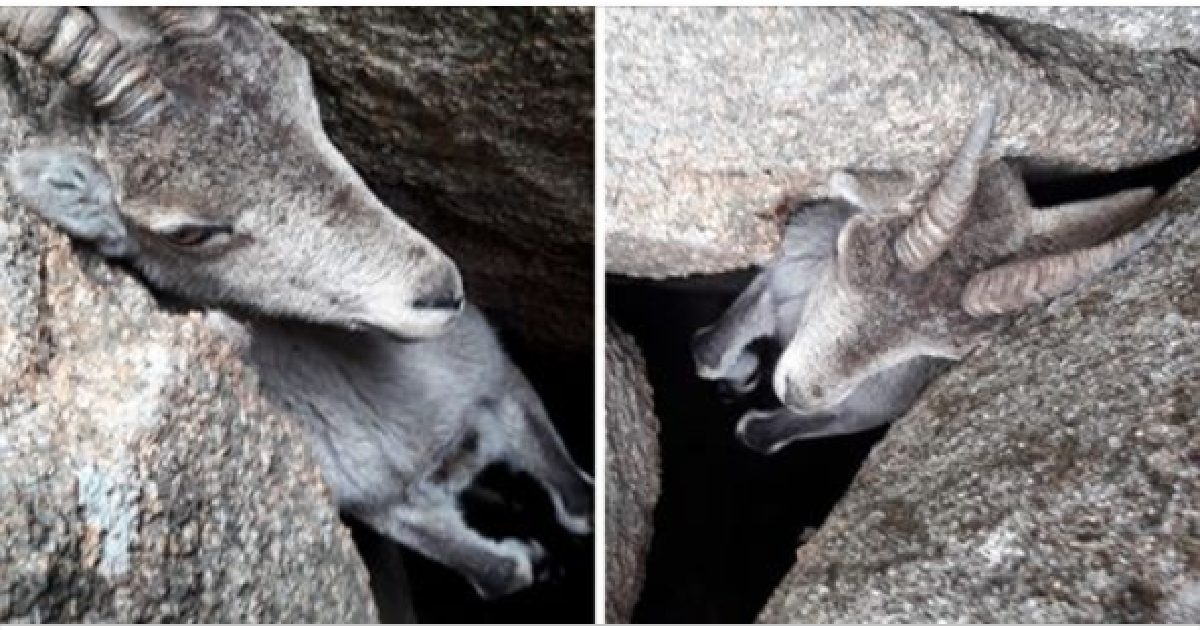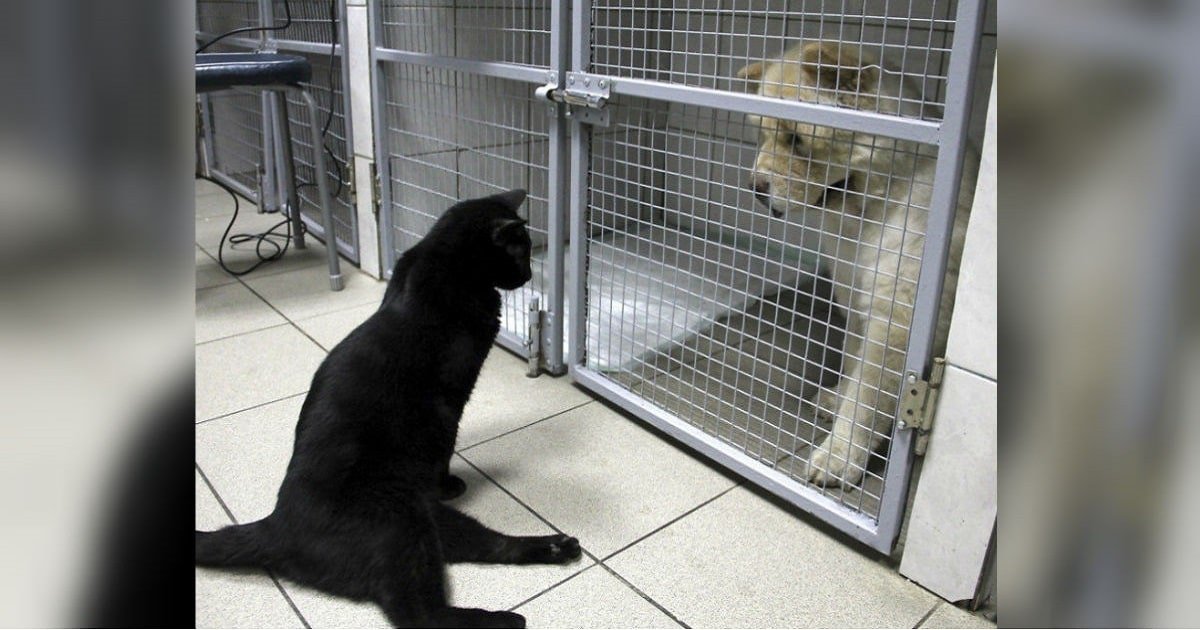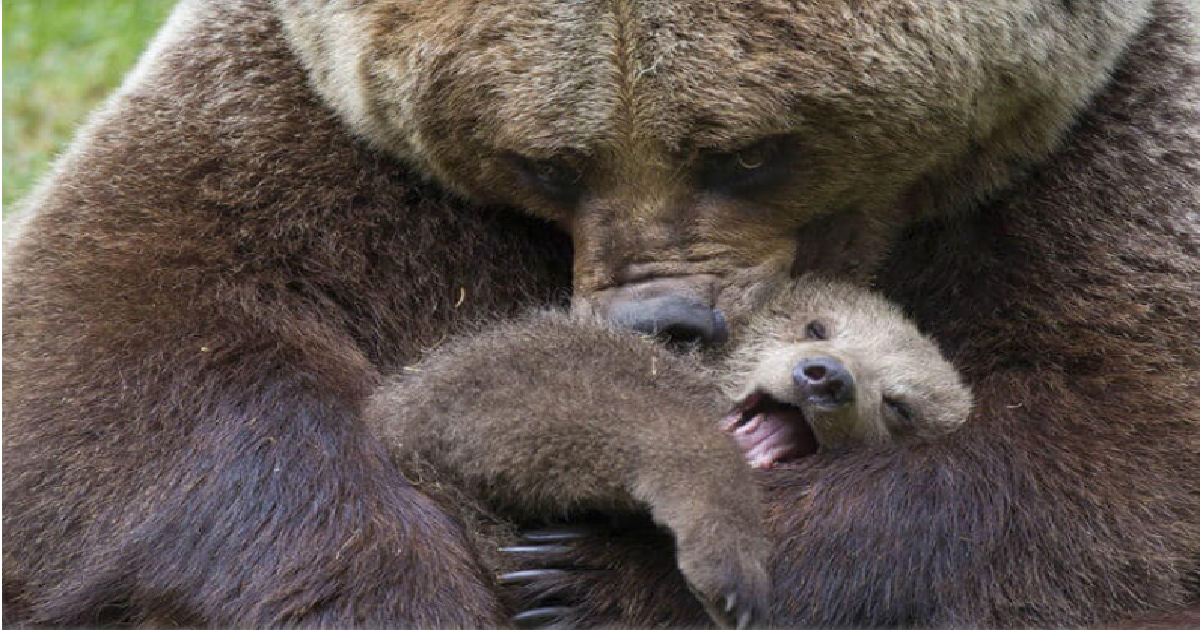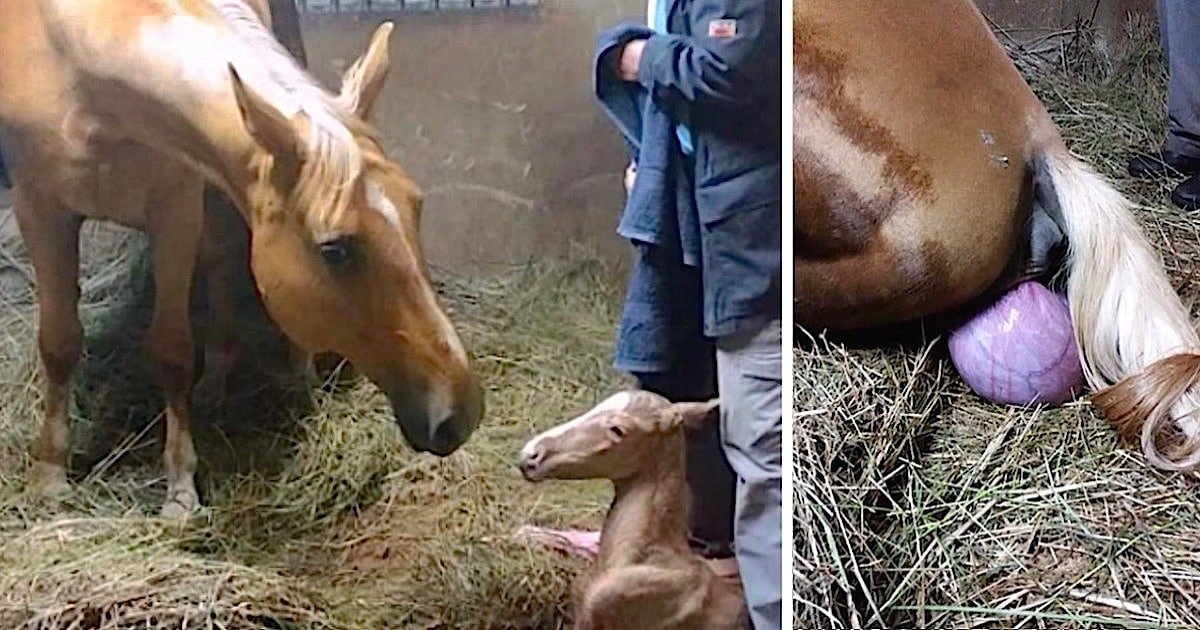Greetings, rabbit owners! Today, I want to address a commonly asked question: Can rabbits eat raspberries? As a rabbit enthusiast myself, I understand the importance of maintaining a balanced diet for these adorable furry friends. So, let’s explore the topic of feeding rabbits raspberries and whether they are a suitable treat for our beloved bunnies.
Firstly, it is safe to feed your rabbit raspberries in moderation. Raspberries can be a delightful addition to their diet, offering a burst of flavor and a touch of sweetness. However, it’s vital to remember that raspberries should only be given as occasional treats, not every day. Too many raspberries can lead to health issues such as obesity and digestive problems in rabbits.
Rabbits produce their own vitamin C, so they may not benefit greatly from the vitamin C content found in raspberries. However, raspberries can be a great way to keep rabbits hydrated, especially during the hot summer months. Before feeding raspberries to your bunny, be sure to rinse them thoroughly to remove any pesticides or residue.
Can Rabbits Eat Raspberries? Yes, they can eat this delicious treat.
- Rabbits can eat raspberries, but they should be given in moderation.
- Raspberries should only be offered as occasional treats, not as a regular part of a rabbit’s diet.
- Too many raspberries can lead to health issues such as obesity and digestive problems in rabbits.
- Rabbits produce their own vitamin C, so the vitamin C content in raspberries may not be significant.
- Rinse raspberries before feeding them to rabbits to remove any pesticides or residue.
Are Raspberries Safe for Rabbits?
When it comes to including raspberries in a rabbit’s diet, the answer is yes! Raspberries are safe for rabbits to eat, but it’s important to keep in mind a few guidelines for their consumption. While rabbits can enjoy the fresh fruit, it’s best to give them raspberries in moderation.
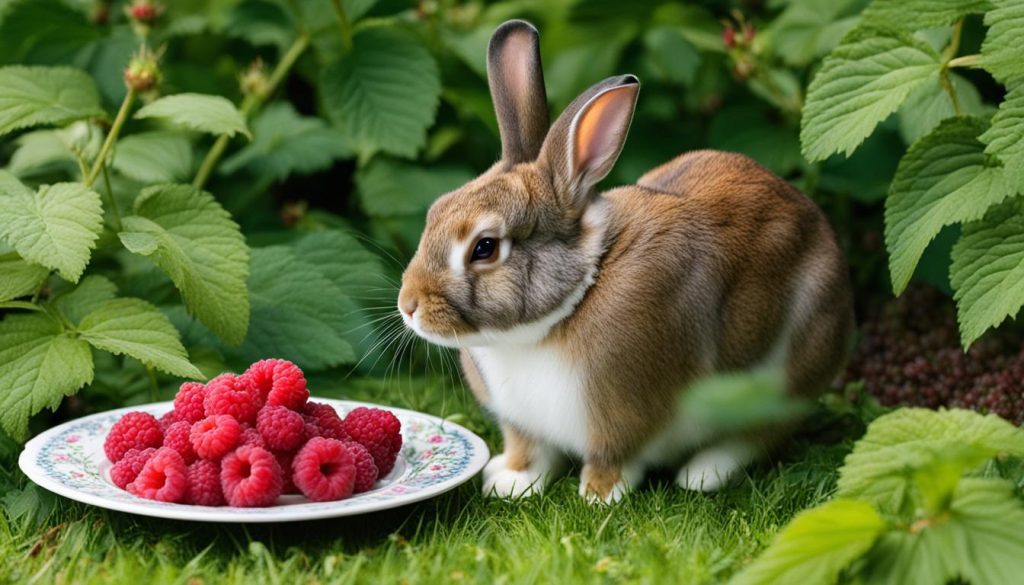
It’s important to note that dried or frozen raspberries should be avoided. These varieties can have higher sugar content or potential additives that may not be ideal for a rabbit’s health. When it comes to feeding rabbits fresh raspberries, it’s crucial to remove any stems and leaves. This precaution helps prevent any choking hazards or potential toxin consumption.
While raspberries can be a delightful treat for rabbits, they should only be offered on an occasional basis. It’s essential to maintain a balanced diet for rabbits, consisting mainly of hay and fresh vegetables. Raspberries can be a tasty addition, but they should not replace the primary components of a rabbit’s diet.
So, the next time you want to treat your furry friend, remember to offer raspberries as an occasional delight rather than a regular part of their diet.
Nutritional Profile of Raspberries
Raspberries are not only delicious but also packed with essential nutrients that can provide some health benefits to rabbits.
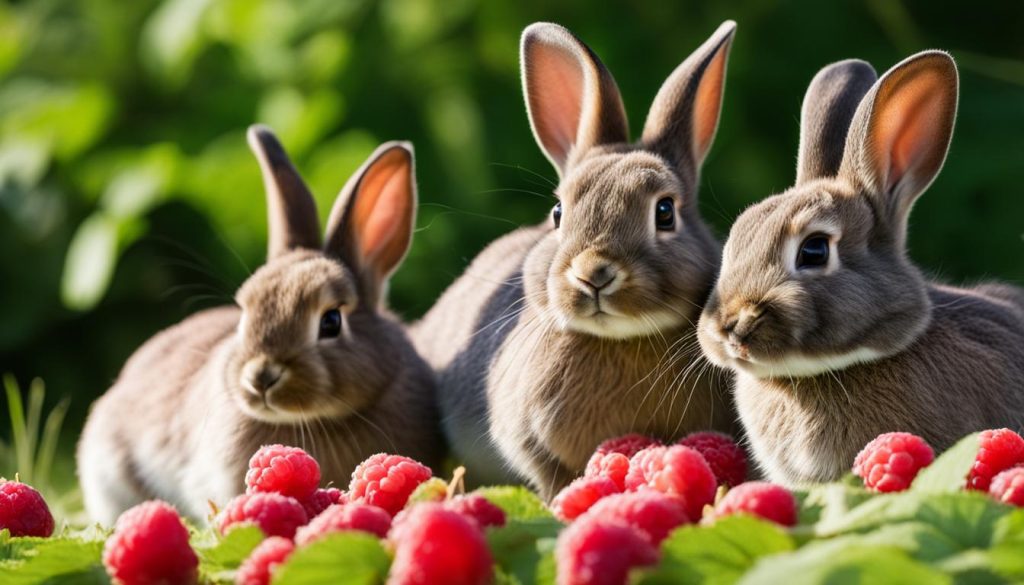
Raspberries contain a good amount of fiber, which aids in digestion and keeps the digestive system healthy. Fiber is essential for rabbits’ overall well-being and can prevent issues like gastrointestinal stasis.
These berries are also a great source of vitamin C, which is essential for the immune system functioning and overall health. However, it’s important to note that rabbits can produce their own vitamin C, so the added vitamin C from raspberries might not be of significant benefit to them.
Vitamin K, another important nutrient found in raspberries, plays a crucial role in blood clotting and bone health. Calcium and phosphorus are essential minerals for maintaining strong and healthy bones in rabbits.
Additionally, raspberries contain potassium, which is crucial for maintaining proper heart and muscle function. The high water content in raspberries can help keep rabbits hydrated, especially during hot summer months.
While raspberries offer these health benefits, it’s important to feed them to rabbits in moderation. The high sugar content in raspberries can lead to weight gain and digestive issues if given in large quantities. It’s best to offer raspberries as occasional treats rather than a regular part of a rabbit’s diet.
How to Feed Raspberries to Rabbits
Feeding rabbits raspberries is a delicious and healthy way to treat our furry friends. When it comes to offering these sweet berries, a few guidelines can ensure the well-being of your rabbits.
First and foremost, it’s important to feed rabbits fresh and washed raspberries. This ensures that any potential pesticides or dirt are removed, keeping your rabbit safe and healthy.
If you’re introducing raspberries to your rabbit for the first time, it’s recommended to start with a small portion. This allows you to observe any adverse reactions or digestive upset that may occur. Pay attention to how your rabbit reacts and adjust the amount accordingly.
Raspberries should be given as an occasional treat rather than a staple in a rabbit’s diet. While they are a tasty snack, too many raspberries can lead to health issues such as obesity and digestive problems. Therefore, it’s important to offer them in moderation.
The recommended amount of raspberries for a rabbit is one tablespoon per day, two to three times a week. This keeps their diet varied and prevents overindulgence. Remember, a balanced rabbit diet consists mainly of hay, fresh vegetables, and limited treats, including raspberries.
When feeding raspberries to rabbits:
- Ensure the berries are fresh and washed
- Start with a small portion
- Give raspberries as an occasional treat
- Monitor your rabbit’s response and adjust the amount accordingly
Your rabbit will appreciate the tasty addition to their diet, and you can enjoy the satisfaction of providing them with a healthy and enjoyable treat.
Conclusion
Rabbits can safely enjoy raspberries as part of their diet, but it’s important to feed them in moderation. While raspberries provide some nutritional benefits and hydration, their high sugar content means they should only be given as occasional treats. It’s crucial to prioritize a rabbit’s overall dietary needs by offering a balanced diet of hay, fresh vegetables, and limited treats.
Feeding raspberries to rabbits can contribute to their well-being and provide them with an enjoyable snack. However, it’s essential to monitor the rabbit’s response and adjust the quantity accordingly. Consulting a veterinarian is always advisable if you have any concerns or questions about feeding raspberries or any other food to your rabbit.
Remember, while raspberries can be a suitable treat for rabbits, it’s crucial to maintain a balanced diet to ensure their overall health and happiness. By following these guidelines and making informed choices, you can provide your furry friend with a varied and satisfying diet.
FAQ
Can rabbits eat raspberries?
Yes, rabbits can eat raspberries, but they should be given in moderation.
Are raspberries safe for rabbits?
Yes, raspberries are safe for rabbits to eat, but they should only be given as occasional treats.
What is the nutritional profile of raspberries?
Raspberries contain fiber, vitamin C, vitamin K, calcium, phosphorus, potassium, and water.
How should I feed raspberries to my rabbits?
Raspberries should be fed fresh, rinsed, and without stems and leaves. Start with a small portion as an occasional treat.
Is it suitable to feed rabbits raspberries?
Yes, raspberries can be a suitable treat for rabbits, but they should not be a regular part of their diet.

